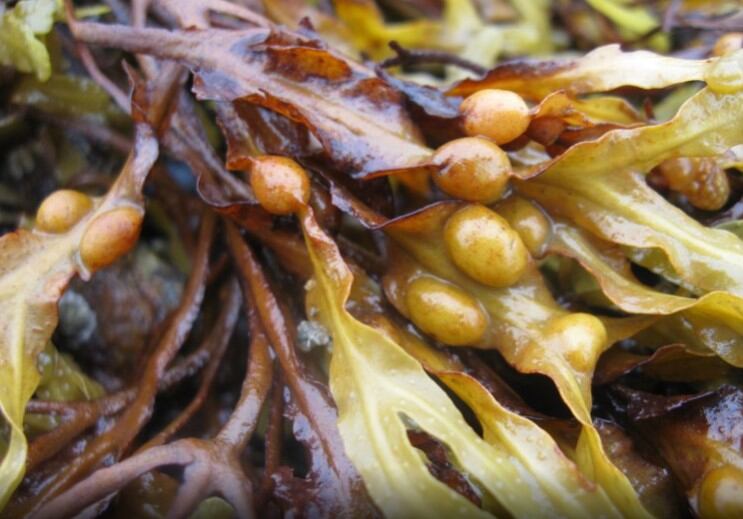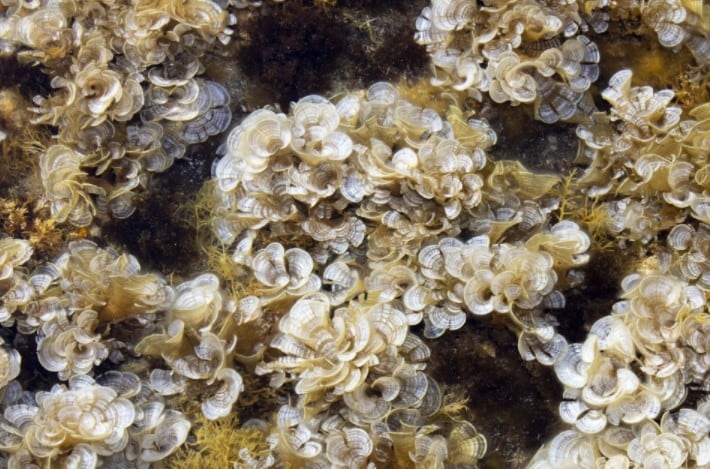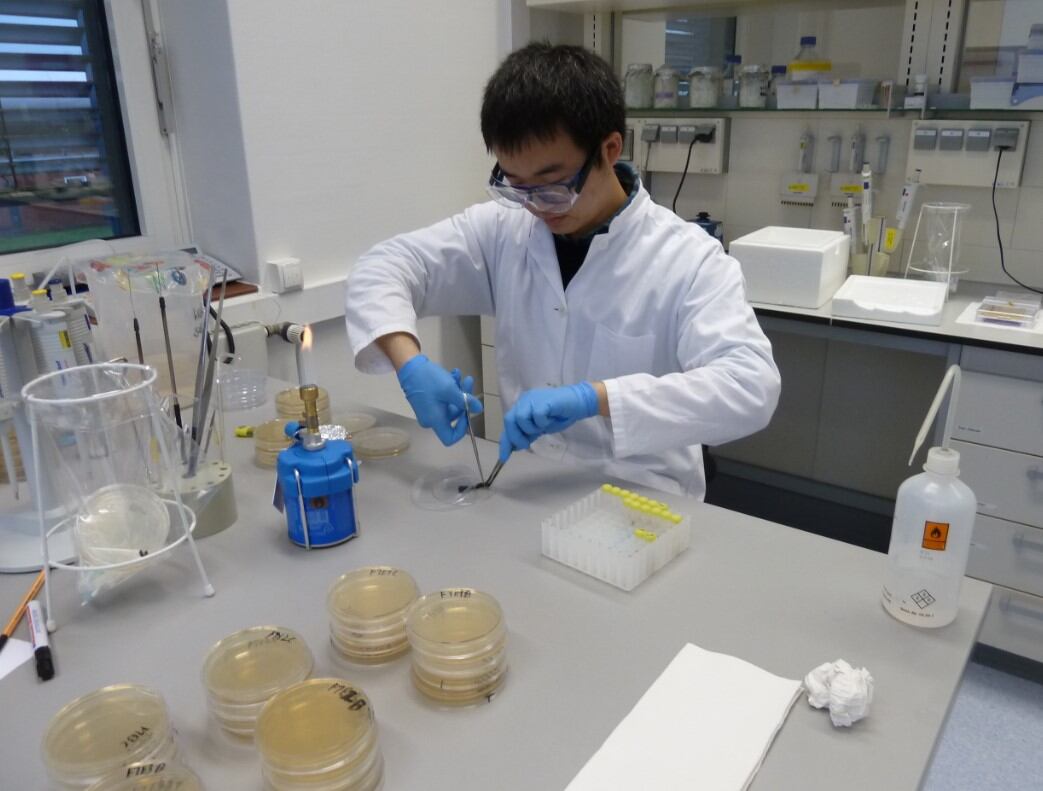Created as a stopgap to delayed European Commission recommendations, AESAN sets out specific risk management measures that aims to reduce complications a high iodine intake may have on vulnerable populations.
“People with thyroid dysfunction or who take medications that contain iodine should avoid the consumption of foods that contain algae, especially of the Kombu species (Laminaria japonica, Saccharina japonica), due to the high levels of iodine that they contribute in their composition,” the Agency states.
“In the absence of sufficient data to measure the risk in the child population due to the iodine content of algae, it is recommended to avoid its consumption by children, as well as by pregnant or lactating women.”
Kombu algae
The advice focuses on Kombu algae (Laminaria japonica or Saccharina japonica), a brownish algae with a laminar appearance that is cultivated in Japan.
It is the fundamental ingredient used to make dashi (the basic broth of Japanese cuisine, which is used as a base for soups such as miso).
While a certain excess is generally well tolerated, both EFSA and AESAN state that a continuously high iodine intake in the diet may be related to an increase in thyroid pathologies
This includes hyperthyroidism, hypothyroidism, goitre and /or thyroid autoimmunity in people with underlying thyroid disease or in those previously exposed to iodine deficiency.
Complications arising from a high iodine dietary intake has long been established by European food regulatory agencies with EFSA’s 2019 assessment of algae, concluded that its intake could easily exceed the maximum safety threshold (upper level) for all species of brown algae.
This would especially affect the sensitive population, such as pregnant women, young children and people with thyroid gland problems.
French input
The French Agency for Food, Environmental and Occupational Health & Safety (ANSES) also published consumption recommendations in 2018 that warned at-risk populations of taking seaweed-based food supplements that could lead to excess iodine intake.
AESAN had previously highlighted the risks in collaboration with other authorities. In 2019 they released findings from a study determining metals and iodine levels in seaweed that found iodine values particularly high in Kombu algae.
Equally, the issue of adequate iodine intake levels can swing the other way with parts of Europe also struggling with iodine deficiency particularly among young children.
The struggle to get authorities to acknowledge the problem was the focus of the EUthyroid project, where its scientists signed up to the Krakow declaration of iodine, which urges European governments to support efforts in eliminating the micronutrient’s deficiency.
The consortium made up of European researchers from 27 countries wanted to see a coordinated response to the disjointed approach seen in EU countries that resulted in half of all new-borns in Europe failing to reach their full cognitive potential due to iodine deficiency.
Norwegian’s Scientific Committee on Food and the Environment (VKM) suggested the addition of iodine in salt could compensate for low iodine intake in adolescents and in women of childbearing age,
An infographic that details the new recommendations can be viewed here.




